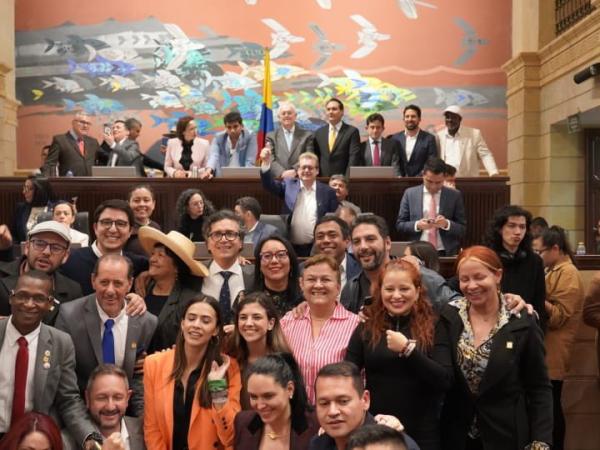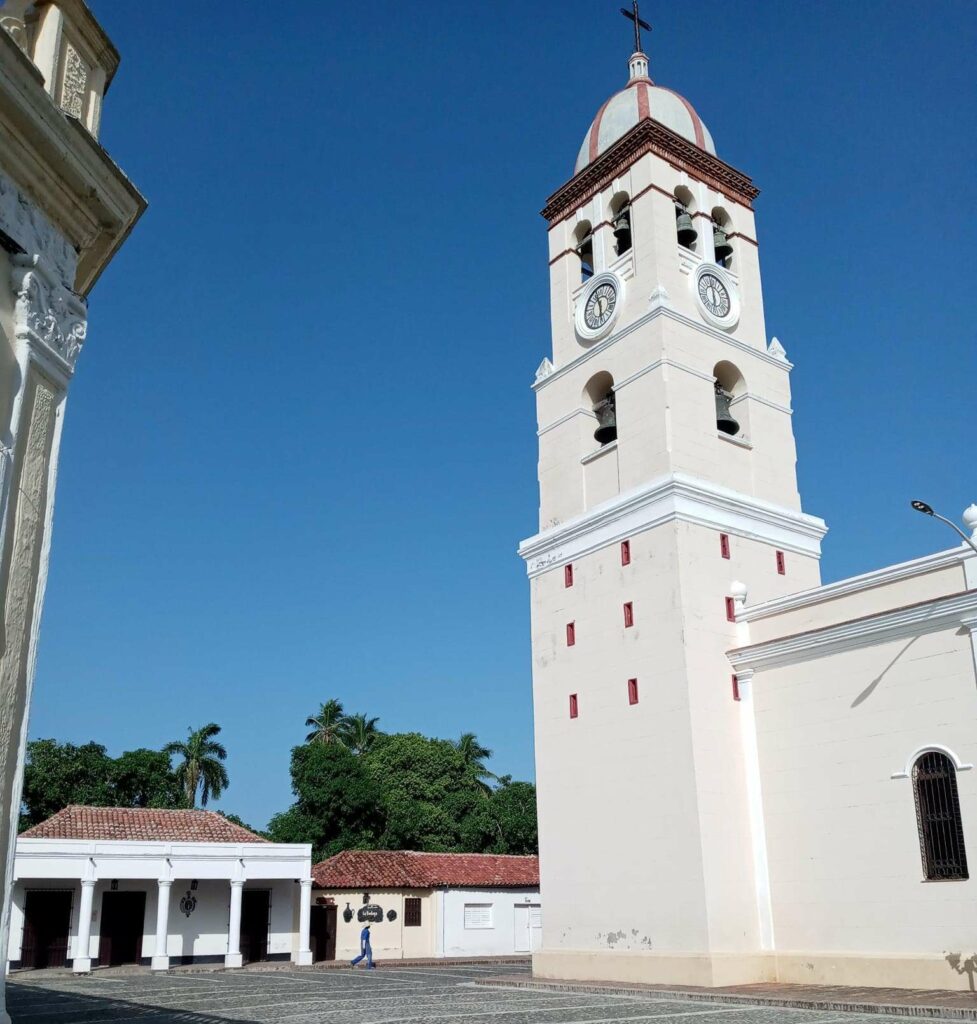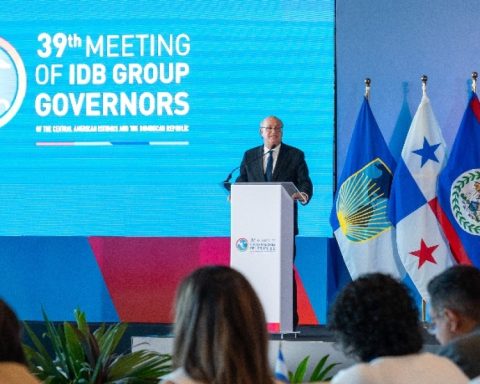During the night of November 3, Congress gave the approval of the tax reform proposed since August by the government of Gustavo Petro. Between Wednesday and Thursday, the approval of the tax project led by the Minister of Finance, José Antonio Ocampo, was given.
(Read: The achievements of the Petro tax approved by Congress).
Once the ‘final nod’, the government bench fervently celebrated what would be the first great victory of Petro’s cabinet. There they were with the Minister of Finance, the director of the Dian, Luis Carlos Reyes, the director of Dapre, Mauricio Lizcano, and the congressmen of the Historical Pact.
Now, the approved texts will be reconciled, which will happen next Tuesday, November 8, so that the project can continue its transit to become law. It should be remembered that The paper was filed on November 1.
“This reform is a great contribution to the change that the national government intends to forcefully advance. Two elements are combined: ensuring that we have a solid fiscal policy and the additional resources to be able to promote social peace”assured the Minister of Finance, José Antonio Ocampo, once approved.
(Furthermore: Guilds still view the tax reform of the Petro Government with concern).
The Government bench in the Congress of the Republic celebrated the approval of the tax reform.
The next step will be conciliation, next Tuesday, November 8.
Read more details about the tax project, here ? https://t.co/ubkqJFaT6p pic.twitter.com/XyOMc0RYOF
– Portfolio (@Portfolioco) November 4, 2022
The reform is distinctive, initially, because bseeks a collection of 20 billion pesos by 2023. Likewise, for some of the progressive proposals that support it.
Among the points that were approved in the Chamber, the measures for the mining-energy sector stand out, such as the non-deductibility of royalties from income tax, and the surcharge on income for companies in the sector that reaches 10% in the case of coal and 15% in oil companies.
Precisely, article 17, referring to royalties, It was one of those that generated the most concern in the lower house during the day, and received 114 votes in favor and 33 against.
(Keep reading: Tax: tax on churches will go to conciliation).
Among the articles that passed in the Senate, 6 stands out, que establishes the sum of the schedular liquid income for the calculation of the income tax; 12, which maintains a 10% rate on dividends by national companies; and 22, which includes occasional tax-exempt earnings such as housing property, marital or inheritance portion, books, clothes and utensils.
In addition, 24 and 25 were approved, which determine the rate of 15% for occasional profits of corporations, and natural persons, as well as articles related to greater faculties to Dian and 73, which defines a discount for investments made in research, technological development or innovation.
Finally, the church tax would go to conciliation.
BRIEFCASE















